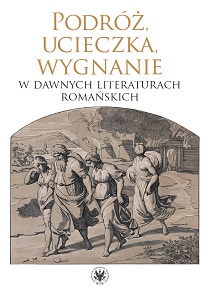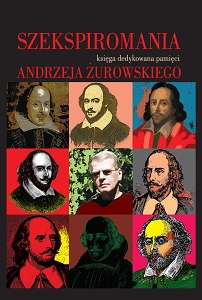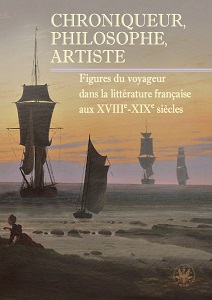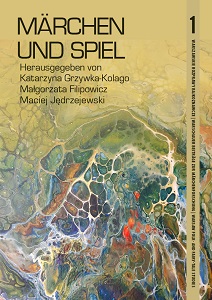
ZIEMIA OBIECANA CZY ZIEMIA PRZEKLĘTA? OBRAZ MAROKA W LITERATURZE PODRÓŻNICZEJ KOŃCA XVIII W.
The present paper describes the image of Morocco emerging from three texts dating from the end of the 18th century: Recherches historiques sur les Maures et Histoire de l’Empire de Maroc (1787) written by Louis de Chénier, a French consul in Morocco; Histoire du naufrage et de la captivité de M. de Brisson (1789) by Pierre Raymond de Brisson, a French officer whose ship sank on the way to Senegal and who became a hostage of Moroccan tribes; and Voyage dans l’Empire du Maroc (1892) written in French by a Polish nobleman and traveller, Jean Potocki. The first part of the paper focuses on the climate and animals of the Empire and the second on its inhabitants.
More...


